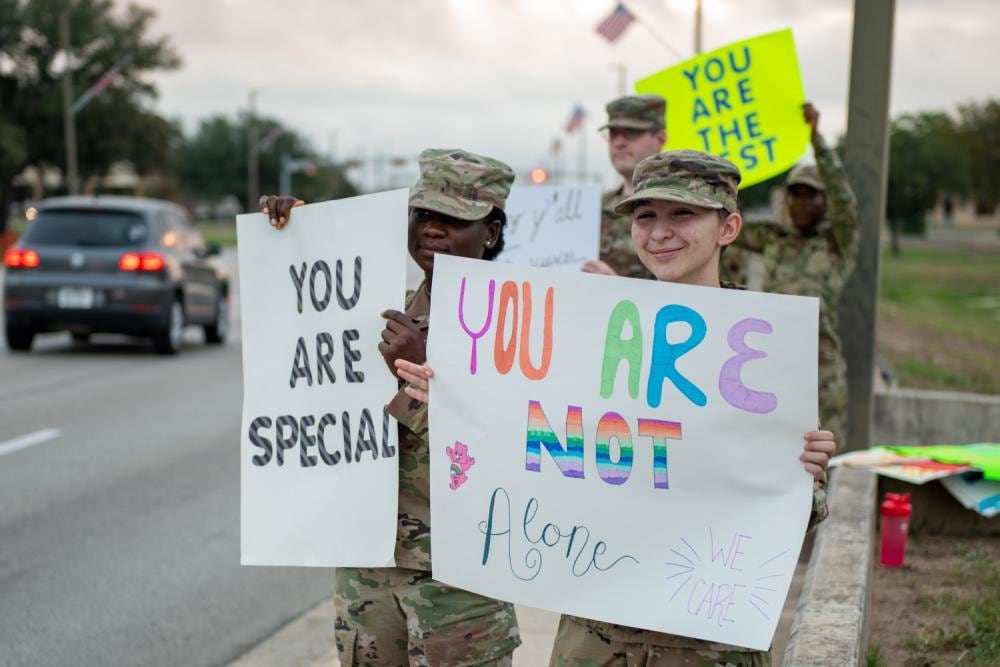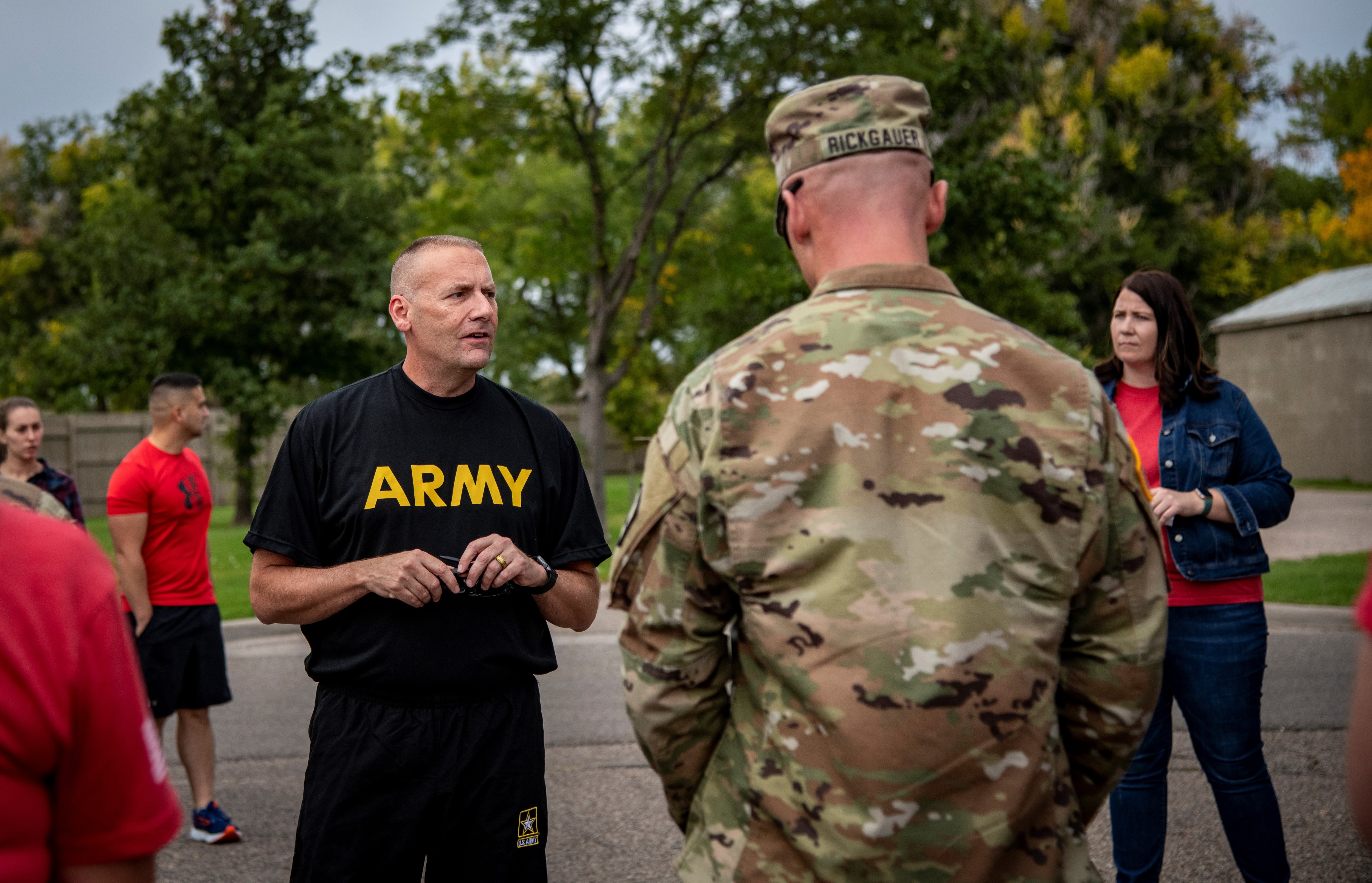Editor’s Note: If you or a loved one is experiencing thoughts of self-harm or suicide, you can confidentially seek assistance via the Military/Veterans Crisis Line by calling 988 and dialing 1, via text at 838255 or chat at http://VeteransCrisisLine.net. You don’t need to be a VA beneficiary to use the service.
Suicide rates among active duty soldiers do not appear to be significantly impacted during times of war, a recent study found.
Despite an uptick in suicides amid the wars in Iraq and Afghanistan, historically times of combat are not solely accountable for surges in self-harm among troops, according to the study slated for the May issue of Psychiatry Research.
In a review of data between 1900 and 2020, researchers analyzed historical trends of suicide rates between active duty soldiers and civilians, aiming to paint a more contextualized picture of how combat trauma affects both populations. They found the rates largely paralleled one another.
“[G]iven the apparent convergence of U.S. Army and similarly aged U.S. civilian male annual suicide rates, larger more universal factors than combat may be similarly affecting both populations,” the authors suggest.
The study builds on an extensive 2019 investigation from the authors on Army suicide between the years 1819 and 2017. The results showed an increase in suicide rates among soldiers during the Vietnam War and the recent wars in Iraq and Afghanistan, but decreases during the American Civil War, Spanish-American War, World War I, World War II and the Korean War.
RELATED

The authors acknowledged they do not know exactly what drives many of the suicide surges, be it a military-specific factor or another influential element of an evolving society, though they hope the study will better inform other researchers, health care providers and or policymakers.
In November 2022, the Army said the service will publish a long-awaited regulation dedicated to standardizing its suicide prevention efforts across the force after reaching historic highs in suicide the previous years among its active duty personnel.
RELATED

“We have a special obligation to make sure we are taking care of our people,” Secretary of the Army Christine Wormuth and Army Chief of Staff Gen. James McConville said in an Army release last month.
“Leaders at every level of the Army are committed to identifying approaches that support suicide prevention. While there is no clear understanding of what is causing the increase in suicides, we realize we have to do better in preventing suicide and ensure resources are available and readily accessible.”
Jonathan is a staff writer and editor of the Early Bird Brief newsletter for Military Times. Follow him on Twitter @lehrfeld_media





